Sudan
On Wednesday afternoon, the UN Security Council discussed the current humanitarian crisis in Sudan, More than 16 months of war.
UN Assistant Secretary-General for Africa Martha Ama Akyaa Pobee said, “The current wave of fighting marks the latest chapter of violence in El Fasher and occurs amidst a months-long siege and attack on the city at the hands of the Rapid Support Forces."
Martha Ama Akyaa Pobee also said, "this has caused appalling levels of suffering for the civilian population, including famine conditions in Zamzam camp south of El Fasher, among other locations.”
Sudan was plunged into chaos in April last year when simmering tensions between the military and a powerful paramilitary group, the Rapid Support Forces, exploded into open warfare across the country.
The conflict has turned the capital, Khartoum, and other urban areas into battlefields, wrecking civilian infrastructure and an already battered health care system. Without the basics, many hospitals and medical facilities have closed their doors.
The country, which has gone through the shocks of civil war and climate change is in need of humanitarian aid with an estimated 9 million people — 73% of the country’s population — projected to be in need of humanitarian assistance during 2024, according to the 2024 UN Humanitarian Needs Overview for South Sudan.




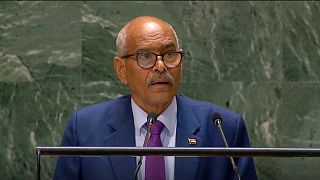
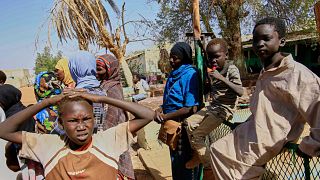
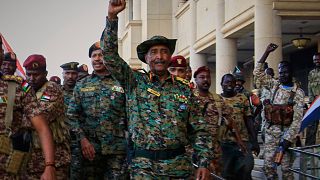
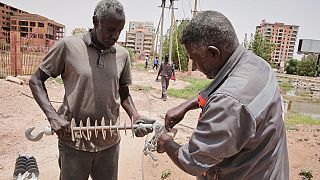
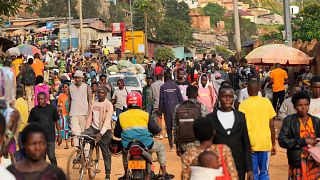
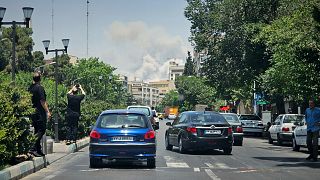

02:09
Peace efforts stall as violence escalates in Eastern DRC
01:52
UN chief calls for immediate Gaza ceasefire amid Israeli offensive
01:04
Gazan bodybuilders struggle to keep up form amid ongoing war
01:58
Japan unveils $5.5B plan, AI training to boost Africa ties
01:55
UN warns of worsening crisis in South Sudan as peace process falters
02:11
World Humanitarian Day: UN chief António Guterres urges governments to protect aid workers